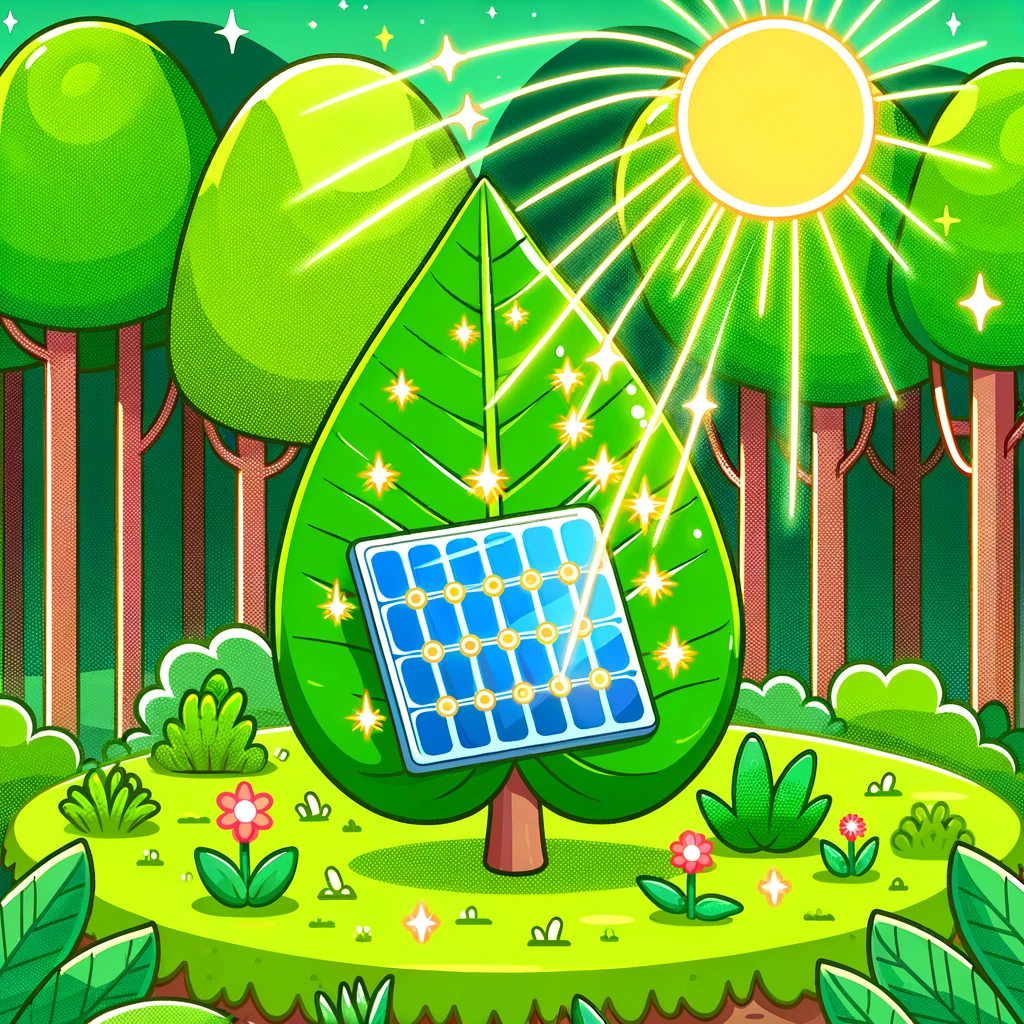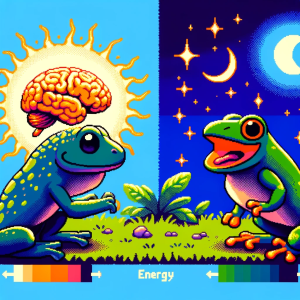
The Power of Light: Unveiling the Secrets of Photosynthesis
In every corner of our planet, a silent yet vibrant dance of life unfolds, powered by nothing more than sunlight. It’s not a fairy tale or a myth but the scientific wonder we call photosynthesis. This process, fundamental to life on Earth, transforms sunlight into a form of energy that fuels nearly every living organism, either directly or indirectly. So, how does this magical conversion work, and why is it so crucial not just for plants but for humans too?
Photosynthesis: Nature’s Solar Panels
Photosynthesis is like having millions of tiny solar panels spread across the leaves of a plant. These natural panels capture sunlight, using it to turn water and carbon dioxide from the air into oxygen and glucose. This isn’t just a plant’s way of feeding itself; it’s the foundation of life, providing the oxygen we breathe and the food we consume.
Imagine a world without photosynthesis: no green forests, no abundant crops, no fresh air. That scenario helps us appreciate not just the beauty of green leaves glistening under the sun but their critical role in our survival.
The Journey of a Photon: A Photosynthesis Story
Let’s follow a single photon of sunlight on its journey into a leaf. As it penetrates the leaf’s surface, it’s captured by chlorophyll, the pigment that gives plants their green color. This photon sets off a chain reaction that splits water molecules, liberating oxygen and electrons. These electrons then travel through a series of reactions to create glucose, the sugar plants use to grow and thrive.
Why does this matter to us? Every breath you take and every bite of food you eat traces back to this fundamental process. The methodology of studying photosynthesis involves tracing these reactions, helping scientists understand and improve how crops can be more efficient, potentially addressing food security worldwide.
The Impact of Green Energy
The significance of photosynthesis extends beyond food and oxygen. It’s also about the future of energy. Scientists are mimicking photosynthesis to develop new technologies for renewable energy sources. Imagine solar cells that could use sunlight as efficiently as leaves do. Such innovations could lead to more sustainable ways of powering our homes and industries.
The environmental impact is profound. More efficient photosynthesis in plants can lead to better carbon capture, helping combat climate change by removing more CO2 from the atmosphere. This research not only helps improve crop yields but also contributes to creating a healthier planet.
Breaking Down the Jargon
Photosynthesis might sound like a complex dance of molecules and energy, but it can be understood through simple analogies:
- Chlorophyll: Think of it as the green paint that absorbs sunlight.
- Photon: A tiny packet of light, essential for kickstarting the photosynthesis process.
- Glucose: A type of sugar that acts as the energy currency for the plant.
By understanding these terms, we can appreciate the intricate beauty and absolute necessity of photosynthesis in our daily lives.
Reflecting on Photosynthesis: The Breath of Life
From the air we breathe to the food that sustains us, photosynthesis touches every aspect of our lives. Its study not only deepens our understanding of nature but also paves the way for innovations in energy and environmental conservation. By exploring and appreciating this natural process, we take one step closer to a sustainable future.
Let’s keep the conversation going. How do you see the role of photosynthesis in our future technologies? Are there ways you think we could harness this incredible natural process to better our lives?
Unlock the Secrets of Science:
Get ready to unlock the secrets of science with ‘This Week in Science’! Our newsletter, designed specifically for educators and science aficionados, delivers a weekly digest of revolutionary research, innovative discoveries, and motivational tales from the scientific frontier. Subscribing is your key to a treasure trove of insights that can revolutionize your approach to teaching and learning science. Sign up today at no cost and start a journey that deepens your understanding and passion for science.



